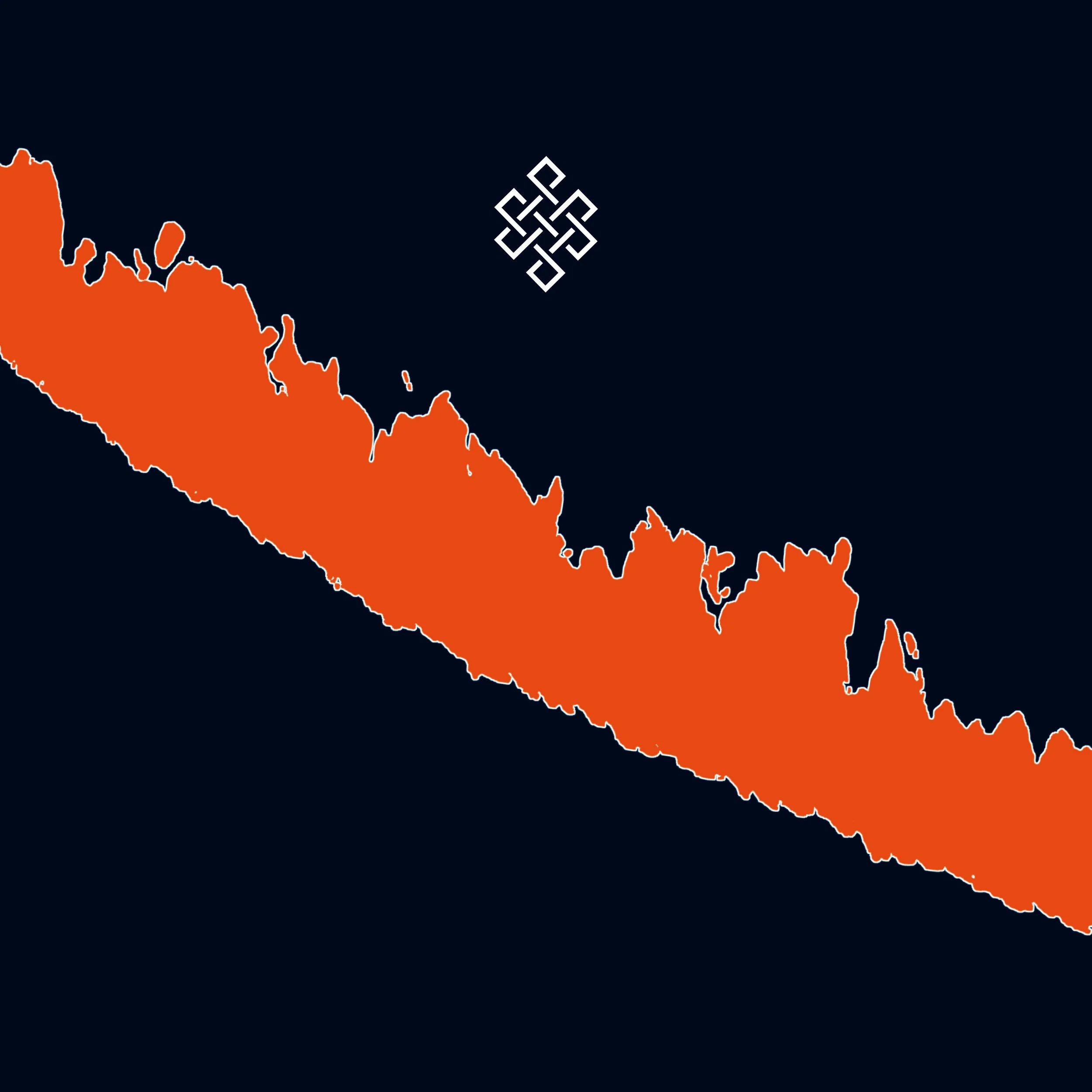New Beginnings is the collaborative album from UK producer Sebastian Reynolds, released via his PinDrop label on 4th July 2025. The album features 10 tracks with many exclusive, previously unheard reworks by Sebastian, including material coming from collaborations with his previous bands from his native Oxford acts Flights of Helios and The Epstein. Other Oxford favourites and long-term friends Dubwiser and Brickwork Lizards make appearances, alongside Irish artists Bróna McVittie, Rezo and The Mining Co. as well as West Country ensemble Will Lawton & The Alchemists and New York duo Kritters. The album showcases Sebastian's dextrous, innovative production skills and his ability to craft and sculpt vocal led, song structured music in contrast with his compositional atmospheric work with Neon Dance company and his athletics themed bangers produced with Dubwiser and darqwud. Tracks from the album have found radio support across the world, including two plays for IYCSM from BBC 6Music legend Steve Lamacq.
Album mastered by Tim Turan, except New York (Sebastian Reynolds rework) mastered by Alain Paul. Mixed by Sebastian Reynolds with Mike Bannard, except IYCSM mixed by Myles Cochran. Artwork by Simon Minter for Nineteenpoint.
Reviews for New Beginnings
“A welcome pause or catch-up style showcase, this collection is a great reminder of Sebastian Reynolds’ versatility and depth.”
Dominic Valvona - Monolith Cocktail
“Sebastian has fashioned an exceptionally rich compilation worthy of his name.”
Paul Carerrea - Nightshift Magazine
“The carefree mood created by New Beginnings is perfect for summer listening, a blissful set of sounds that cover a surprisingly large number of bases. Sebastian Reynolds is a talented producer and songwriter, who deserves to expand his audience considerably with this welcome dose of musical warmth.”
Ben Hogwood - Arcana FM
Here is a series of cover images for each of the ten tracks and the album as a whole by graphic designer Simon Minter for Nineteenpoint:
What is a remix? An article by Sebastian Reynolds
What is a remix? This a question that my new album, New Beginnings, considers... The history of music, and storytelling, poetry and the various adjacent art-forms, are based on the notion of preserving songs and stories, sometimes over huge spans of time via people passing the stories and songs on from one generation to the next whilst along the way creating new stories and songs to add to the canon of humanity’s library of cultural expression. And inevitably over these long periods of time stories and songs have been elaborated and developed in all kinds of fascinating ways, reflecting the latest cultural and social trends of the day. Fast forward to the 20th Century and the unbelievable shifts both in recording technology and in musical instruments and the myriad new possibilities for creating and preserving sound, and from the 1980s onwards with the birth of modern electronic dance music came the tradition of taking a vocal from an existing track and re-contextualising it over a new backing. The advent of ever more sophisticated levels of production possibilities thanks to rapid innovations in music creation software, most notably Ableton Live, has led to a profound blurring of the lines between the old school approach to remixing and a much more integrated and musically complex way of taking pre-existing musical material and shaping it into something new, whilst still retaining elements or impressions of the original, but is in some profound way a new work. Alongside dance music the advent of MPC sampling technology and the birth of hip hop similarly blurred the line between sampling, remixing and creation. For some of these tracks I have sampled elements from existing tracks, then commissioned the artist to create new material to add into the mix.
All ten of the tracks on New Beginnings explore this dynamic of me taking elements from pre-existing tracks and re-imagining them into my vision for a (new?) piece of music. Despite the diversity of the various artists involved in the album, there is a consistency and flow to the record, and hopefully my skill in curation has helped me to make a record which is as cohesive as it is diverse. Being an instrumentalist and producer, I was particularly drawn to vocal led material, in fact the original version of Fossils of the Mind that I re-imagined with West Country fusion ensemble Will Lawton & The Alchemists didn't feature vocals and I asked singer Will Lawton to create a brand-new vocal line.
Where newness and innovation can come from, and what inspires artists is often the re-imagining or re-inventing of ideas into something new, a technique that I frequently use for my own music, some of my tracks are essentially reworks of previous ideas, and sometimes the reworks are so far from the original demos that they are almost unrecognisable. This is one of the dilemmas of PR and promotion, how to commodify the creative process, which is often messy and non-linear, into a coherent, two line sales pitch, whilst maintaining honesty and integrity, a challenge for all involved!
It's also worth pointing out that, pre 20th Century, stylistic changes in music occurred much more slowly over long periods of time, due to the slow shifts in the technology of musical instruments compared to the recent innovations both in terms of recorded sound and in musical instruments themselves. The question is, for all the stylistic innovations of the modern age, are there fundamentally different emotional states that we experience in response to the new technological landscape? Or do we just have new sounds for communicating the same essential emotional landscape?
Newness and innovation has so much cultural currency for the very reason that innovating 'new' ideas is so difficult, capturing an idea in its perfect form is the greatest challenge for any artist, and plagiarism and appropriation are understandably aggressively policed, however the culture of remixing, sampling etc throws up into the air the difficulties around defining innovation versus appropriation and creating a work that celebrates a lineage or tradition, as an act of cultural preservation has it’s own skill and merits. In contemplating this area one quickly drifts inexorably back to the fundamental challenge of artistic work, where one can quantify in intellectual terms the various issues around innovation versus cultural preservation the ultimate goal is the successful communication of feelings and emotions in a way that connects with millions if not billions of people in this new global village, and the sources of the sounds which achieve this universal experience often have much greater significance to the maker than the listener.












